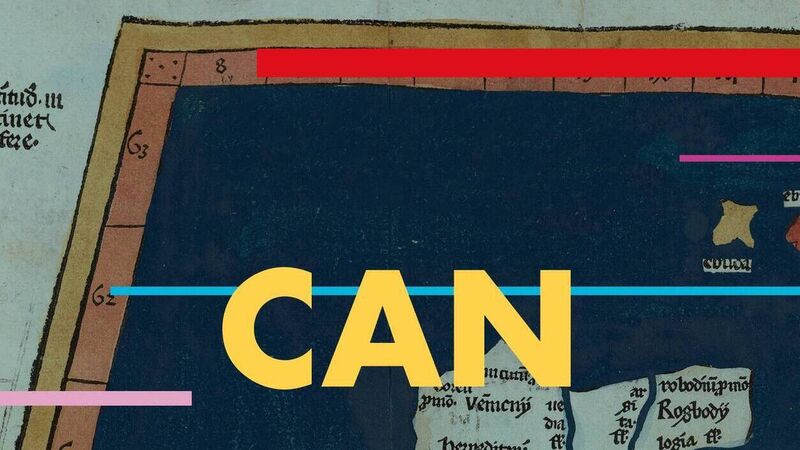Book review: O’Doherty shows how ill-prepared we are to even discuss the possibility of a United Ireland

Can Ireland Be One by Malachi O'Doherty
- Can Ireland Be One?
- Malachi O’Doherty
- Merrion Press, €15.99
Try from €1.50 / week
SUBSCRIBE
Can Ireland Be One by Malachi O'Doherty
Already a subscriber? Sign in
You have reached your article limit.
Annual €130 €80
Best value
Monthly €12€6 / month
Introductory offers for new customers. Annual billed once for first year. Renews at €130. Monthly initial discount (first 3 months) billed monthly, then €12 a month. Ts&Cs apply.
Newsletter
Music, film art, culture, books and more from Munster and beyond.......curated weekly by the Irish Examiner Arts Editor.
Newsletter
Music, film art, culture, books and more from Munster and beyond.......curated weekly by the Irish Examiner Arts Editor.
© Examiner Echo Group Limited